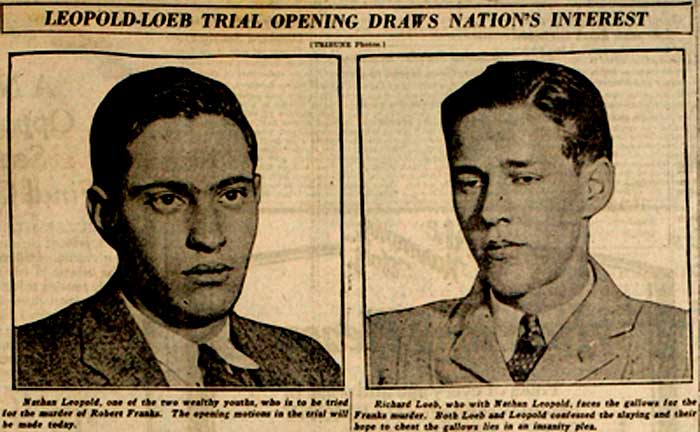Here's a good article on Columbo and the Socratic Method...
Just One More Thing… by Tim Madigan, Source: Philosophy Now
When I first started teaching Introduction to Philosophy classes twenty years ago or so, I found it difficult to get students to relate to Socrates and the Socratic method of enquiry. They found Plato’s dialogues hard to follow, and for many of them Socrates himself came across as an unpleasant or intimidating character. And so, as a way of connecting Socrates to a character most of them had more fondness for, I would ask if they were familiar with the TV program Columbo. Even those who professed never to watch the show knew about its main character, so ably acted by Peter Falk. His filthy raincoat, his disheveled hair, his nagging wife and his forgetful nature were all part and parcel of a beloved iconic figure. Well, I pointed out, Socrates too was known for his unkempt appearance, his nagging wife Xanthippe, and his distracted behaviour. But more important, as Shakespeare would say, there was method to the madness of both Columbo and Socrates, for their outward appearances did not correspond to their inner natures.
The Columbo episodes, as fans will recall, were not typical whodunnits. Instead, we the viewers knew from the very beginning the identity of the murderer (often played by Jack Cassidy or Patrick Macnee). The fun was anticipating how detective Columbo would find out whodunnit, and trap the murderer into confessing. In most cases, the arrogant killers underestimated Columbo’s investigative prowess. By playing dumb, he lulled them into a false sense of security. They would give him vital clues without realizing it. Columbo’s most irritating technique was to leave a room and then return, with a befuddled look on his face. Scratching his head, he’d say “Just one more thing...” and ask a seemingly innocuous question. The killer, by then eager to see the last of this annoying fellow, would quickly answer, and later find out that the question was not so innocent after all, when Columbo returned to say “You’re under arrest.”
Students were able to see for themselves the connections between Columbo’s detective techniques and Socrates’ method of discovering philosophic truth. Both were polite but persistent interviewers, and while people with nothing to hide usually enjoyed their company, those who did not wish to have their alibis or ignorance probed would react in exasperation or with violent threats to them. Suddenly Socrates would no longer seem such an off-putting character. It’s a shame that Peter Falk never performed as Socrates. He would have been perfect for the part!
Of course, like all analogies, one shouldn’t take such comparisons too far. Columbo, after all, solved all his crimes, whereas it’s debatable whether Socrates ever solved anything. Nonetheless, using a popular figure like Columbo as a way to help understand Socrates’ mission was an effective way of reaching students who might otherwise not have understood how this ironic figure was beneficial to the society in which he lived. Like many other philosophy instructors, I’ve made use of other films and television shows to draw similar connections. For instance, when discussing Aristotle’s concept of friendship, I show clips from Seinfeld episodes; and when delineating Descartes’ concept of the ‘evil demon’, I use clips from the film The Matrix. I was delighted last year, while discussing John Locke’s concept of the social contract theory, when several students pointed out that ‘John Locke’ was the name of one of the main characters on the TV show Lost. It’s not coincidental, I pointed out to them, that the creators of a show about strangers trying to interact in a ‘state of nature’ would choose such a name for a main protagonist.
In several of the following articles, various ways of using popular culture to address age-old philosophical themes will be explored. In recent years there has been a veritable explosion of interest in this approach, thanks in large part to Bill Irwin’s publishing endeavors (see his article). If nothing else, the large sales of books devoted to philosophy and popular culture shows that there is a continuing interest in this convergence of deep thoughts and chosen entertainments.
Of course, popular culture is a dynamic, unstable field. Once beloved cultural icons can become tomorrow’s forgotten figures. Indeed, most of my students today barely know Seinfeld or The Matrix, and almost none know who Columbo is. I do my best to keep up with contemporary culture, using the TV character Monk as my inroad to Socrates now. But for philosophers at least, Columbo will always remain an iconic figure; for what better expresses the philosophical pursuit than his wonderful expression “Just one more thing…”?
Tim Madigan teaches philosophy at Saint John Fisher College in Rochester, New York, and is Division Chair for Philosophy and Popular Culture for the Popular Culture Association.
